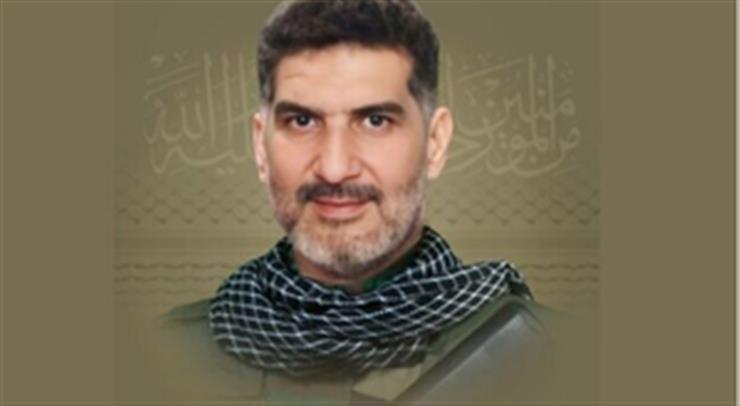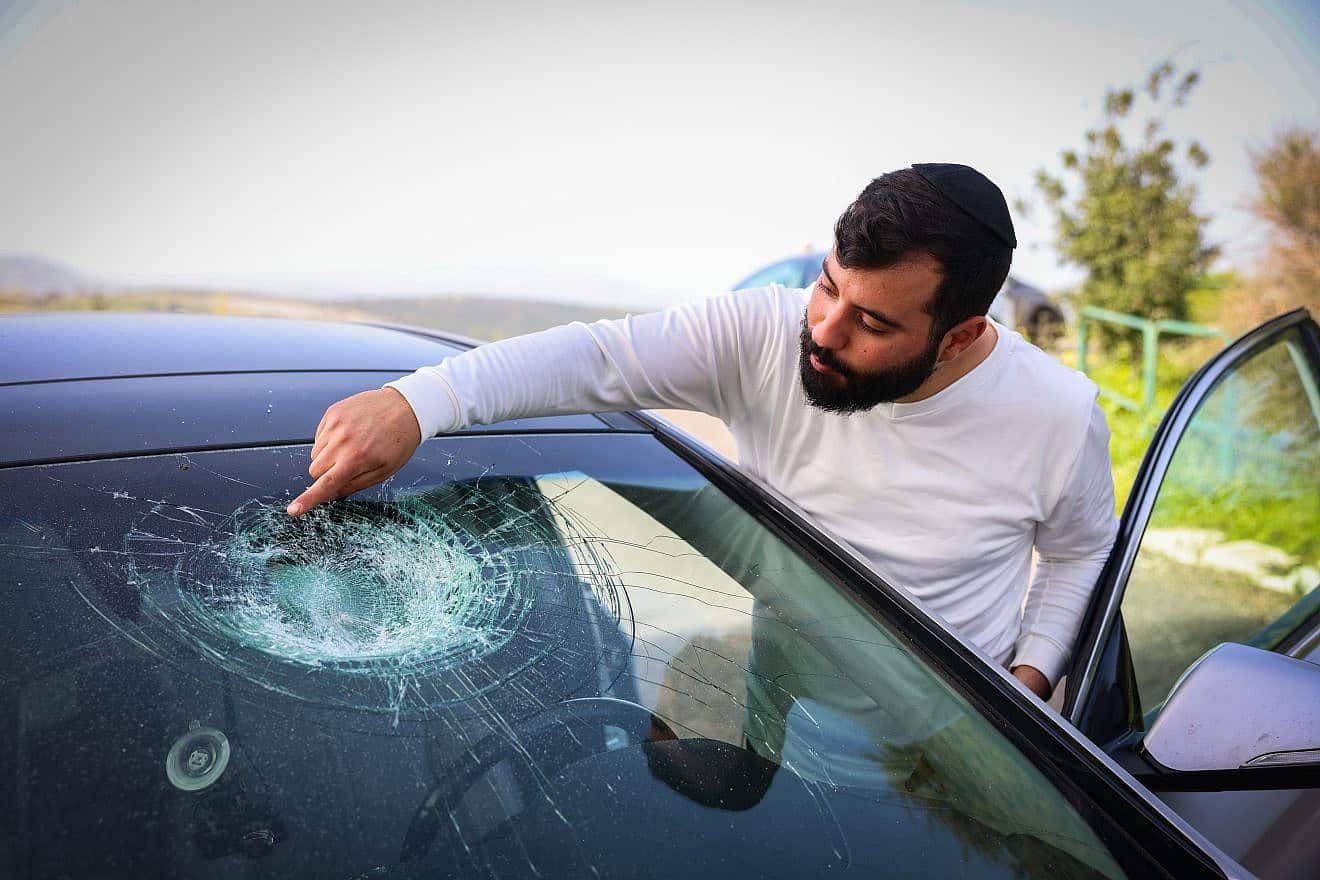IDF eliminates Hezbollah’s deputy commander of rocket, missile unit
The strike represents one of the highest-ranking commanders killed since the Iranian-backed terrorist organization began lobbing northern Israel with rockets, UAVs and anti-tank missiles after Oct. 7.

The Israeli Air Force struck and killed Hezbollah’s Deputy commander of its Rocket and Missile Unit on Friday in an airstrike in Southern Lebanon, the Israeli military announced.
The strike targeted Ali Abed Akhsan Naim, in the area of Bazouriye in Lebanon, which is in the Tyre District.
“Ali was considered to be a significant source of knowledge in the terrorist organization and leader in the field of rockets. He was also one of the leaders for heavy-warhead rocket fire and responsible for conducting and planning attacks against Israeli civilians,” the Israel Defense Forces said in a statement.
“We will reach every place Hezbollah operates—in Beirut, Damascus and even more distant places.”
Israeli Defense Minister Yoav Gallant
The strike represents one of the highest-ranking and most important Hezbollah commanders killed since the Iranian-backed terrorist organization began lobbing northern Israel with rockets, unmanned aerial vehicles (UAVs) and anti-tank missiles on Oct. 8—a day after Hamas’s Oct. 7 mass murder attack on southern Israel.
In addition, five Hezbollah members were reportedly killed in an alleged Israeli airstrike on a target in Aleppo, in northwest Syria, which according to Reuters, killed tens of people, mainly Syrian soldiers and Hezbollah members.
Hezbollah said later on Friday that the casualties it sustained in Syria were killed “on the road to Jerusalem.”
Israeli Defense Minister Yoav Gallant, during a visit to the IDF’s Northern Command Headquarters in Safed on Friday, said Israel would reach every location that Hezbollah is active in, naming Beirut, Damascus and further afield.
Gallant held a situation assessment with senior IDF commanders at Northern Command and observed the targeted killing of Naim, according to a statement by his office.
He also received a briefing on operations being carried out in the intelligence field for additional thwarting of security threats.
“I came today to the Northern Command to closely examine another successful thwarting [of a threat] like the one conducted this morning against a commander in Hezbollah. The results of the Northern Command are very impressive, and the campaign is managed at a very high level,” he stated.
“We are turning from pushing back [Hezbollah] to hunting it. Everywhere Hezbollah is found, we reach. This is true for Beirut, Baalbek, Tyre, Sidon, Nabatieh and across the entire sector, and it is also true for much more distant places like Damascus and beyond. Everywhere we need to act, we will act,” Gallant vowed.
“Those responsible for the severe damage in Lebanon are Hezbollah, and those responsible for the many casualties in the Hezbollah organization” can be personally attributed to its senior leader, Hassan Nasrallah, stated Gallant. “They have over 320 terrorists killed, and we will exact a price for every action that comes out of Lebanon,” he added.
“We will increase the pace and expand the campaign—that’s what I said this week in Washington to [U.S.] Secretary of Defense [Lloyd] Austin; that’s what I said to Amos Hochstein, the [U.S.] special envoy, and to others; and that’s how I instructed the IDF today in the Northern Command,” he said.
 Damage
caused to a car from fragments of a Patriot missile interception with a
rocket launched by Hezbollah in Lebanon towards the Biriya Forest in
northern Israel, March 28, 2024.
Damage
caused to a car from fragments of a Patriot missile interception with a
rocket launched by Hezbollah in Lebanon towards the Biriya Forest in
northern Israel, March 28, 2024.
‘Another step on the readiness ladder’
Also on Friday, the IDF’s Commanding Officer of Northern Command, Mag. Gen. Ori Gordin, met with the incoming and outgoing heads of the local northern authorities in northern Israel and vowed to change the security reality facing the communities.
Gordin shared updates on the intelligence and operational developments of the Northern Command’s activities during the war, as well as how the Northern Command accelerated readiness for the continuation of hostilities in the area.
“The local leadership has tremendous importance in cooperation with the IDF, with us. I want to say to you, we are determined to create a better, safer and more peaceful situation here in the north,” said Gordin.
“Regarding our offensive operations, there’s no need to elaborate, they are well heard and believe me, they are also well seen in the skies of Lebanon, both near and far,” he said. “We continue to strike against Hezbollah, determined to push it back and destroy its infrastructure.”
“But that’s not all, this week we advanced another step on the readiness ladder, with troop drills, learning from the fighting in the south, and many more elements that will make us more prepared for the day of command. I see you as full partners, shoulder to shoulder with us in managing the conflict,” he added.
On Thursday, the IDF announced that its Northern Command completed a training program for battalion commanders on war readiness.
“As part of the program, the commanders delved into professional content and the operational and strategic plans for the northern framework,” the military stated. The program included combat lessons from the Gaza Strip, “with specific adjustments for the challenges of the northern arena,” it added.
“On the other hand, we are striking Hezbollah very powerfully and strongly, the Hezbollah organization, and also causing a lot of damage in the area where it operates. If we understand that we need to act, we will act tonight as well, and the readiness is there,” Gordin said on Thursday.
More than 60,000 Israelis from northern areas close to the Lebanese border remain internally displaced people.
No comments:
Post a Comment